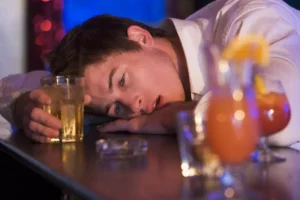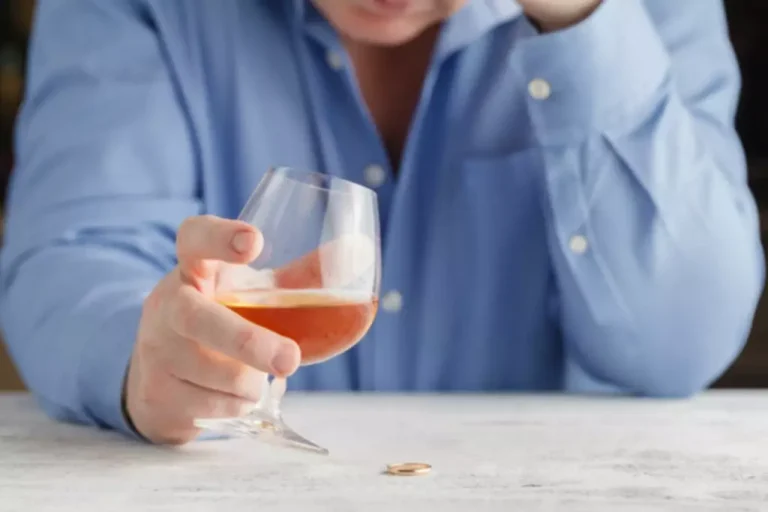
The severity of a hangover is closely linked to how much alcohol the person has consumed and how much sleep they have had. Ultimately, the only surefire remedy for a hangover is to avoid getting one by drinking in moderation or choosing not to drink. There are treatment approaches that can relieve some of the severe effects of a hangover. In addition to getting some rest, you can drink fluids, eat in moderation, and take over-the-counter (OTC) medications. You may build a tolerance to alcohol if you drink enough consistently. This occurs when your body learns to adjust to the presence of alcohol and produce more enzymes to break down alcohol in your system.
How Long Do Hangover Symptoms Last?
When you drink, your body adjusts to the alcohol in your system in order to maintain a normal 8(ish)-hour cycle of sleep. But your body generally eliminates all the alcohol from your system after five to six hours, yet still remains adjusted to the presence of alcohol. Some companies use misleading advertising to claim that their products can prevent hangovers. But the only guaranteed way to prevent a hangover is to not drink alcohol. A single alcoholic drink is enough to trigger a hangover for some people, while others may drink heavily and not have a hangover.
Common Hangover Symptoms

In fact, coffee may even make your hangover symptoms worse, warns Dr. Waters. And don’t reach for pain relievers with acetaminophen, as it can potentially damage your liver when there’s alcohol in your system. It is not possible to make a general prediction about how much alcohol leads to a hangover. The association depends on individual and situational factors, including sleep, hydration, and the pacing of alcoholic drinks. However, people can take steps to relieve many of the symptoms, such as drinking water, eating fruit, and resting. As stated in the “Causes” section, certain alcohols have different hangover-causing properties based on their congener content.

rs.type = ‘text/javascript’;
If you choose to drink alcohol, doing so responsibly can help you stay away from hangovers. If nausea is your most prevalent hangover symptom, Tamburello suggests sticking to simple foods that are palatable and inherently soothing for a twisted tummy. Alcohol does not typically lower your blood sugar immediately, or even when you’re at your tipsiest.
These medicines may not work well together with other medicines you take. Hangovers after a single night’s drinking go away on their own. Talk with your healthcare professional if you’re concerned that frequent heavy drinking may lead to serious problems, such as alcohol withdrawal. However unpleasant, most hangovers go away on their own, though they can last up to 24 hours.
How much sleep you get (or don’t get)

This “rebound effect” interrupts deep, rapid-eye-movement (REM) sleep, which can make you feel much more tired the next day. At first, this can be beneficial, making you feel relaxed as your blood pressure is lowered. Let’s look at how to tell the difference between a mild, temporary hangover that you can treat at home and one that may need some extra medical attention. There were parties with tiki drinks; there were free Lake Michigan boat rides; there was a “hotties for Harris” neon sign with which you could take pictures. A lot of influencer travel and lodging was paid for by progressive groups.

How much alcohol does it take to get a hangover?
- If you frequently experience hangover symptoms or your hangover symptoms have begun to affect you at school or work, you may have developed an alcohol use disorder.
- If you have alcohol intolerance, you may have a genetic inability to process the acetaldehyde fast enough.
- Alcohol dehydrates you by boosting the amount of urine your kidneys make.
It is important to recognize that the combination of alcohol and acetaminophen can be toxic to the liver. Like alcohol, certain over-the-counter pain relievers, including aspirin and ibuprofen, can increase acid release and irritate the lining of the stomach. Proceed with caution when using these medications before or after consuming alcohol. It is commonly believed that the symptoms of a hangover are produced primarily by dehydration, however, this has not been proven. There is also a direct toxic effect of the alcohol itself, which is thought to contribute to hangover severity. Some people think you should take painkillers before bed when you’ve been drinking, but it’s important to avoid acetaminophen.
Drinking can also affect your mood if you already have a mental health condition or use alcohol as a coping mechanism for your mental health. A 2017 study found that many people report feeling more aggressive how long do hangovers last or even feeling an overwhelming amount of emotions when they drink, especially if they had some dependence on alcohol. Dizziness is a common symptom of the dehydration that comes with a hangover.
- You can find extracts made from this herb online and in health food stores.
- If you choose to drink alcohol, doing so responsibly can help you stay away from hangovers.
- There is no magic potion for beating hangovers—and only time can help.
- The effects usually begin hours after drinking alcohol and can last for a whole morning or even for several days.

